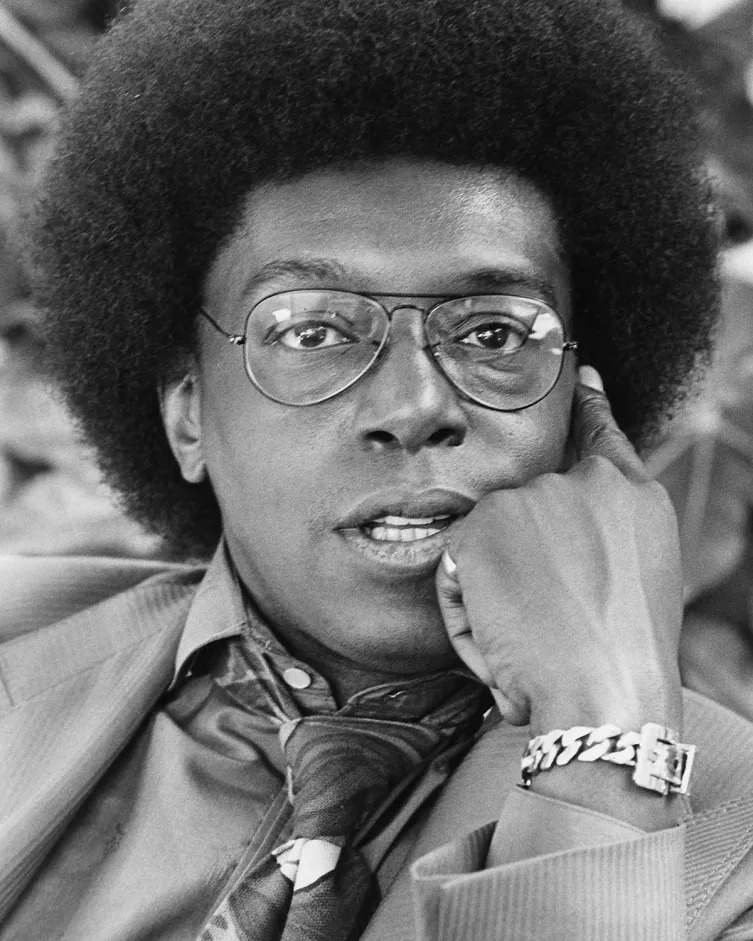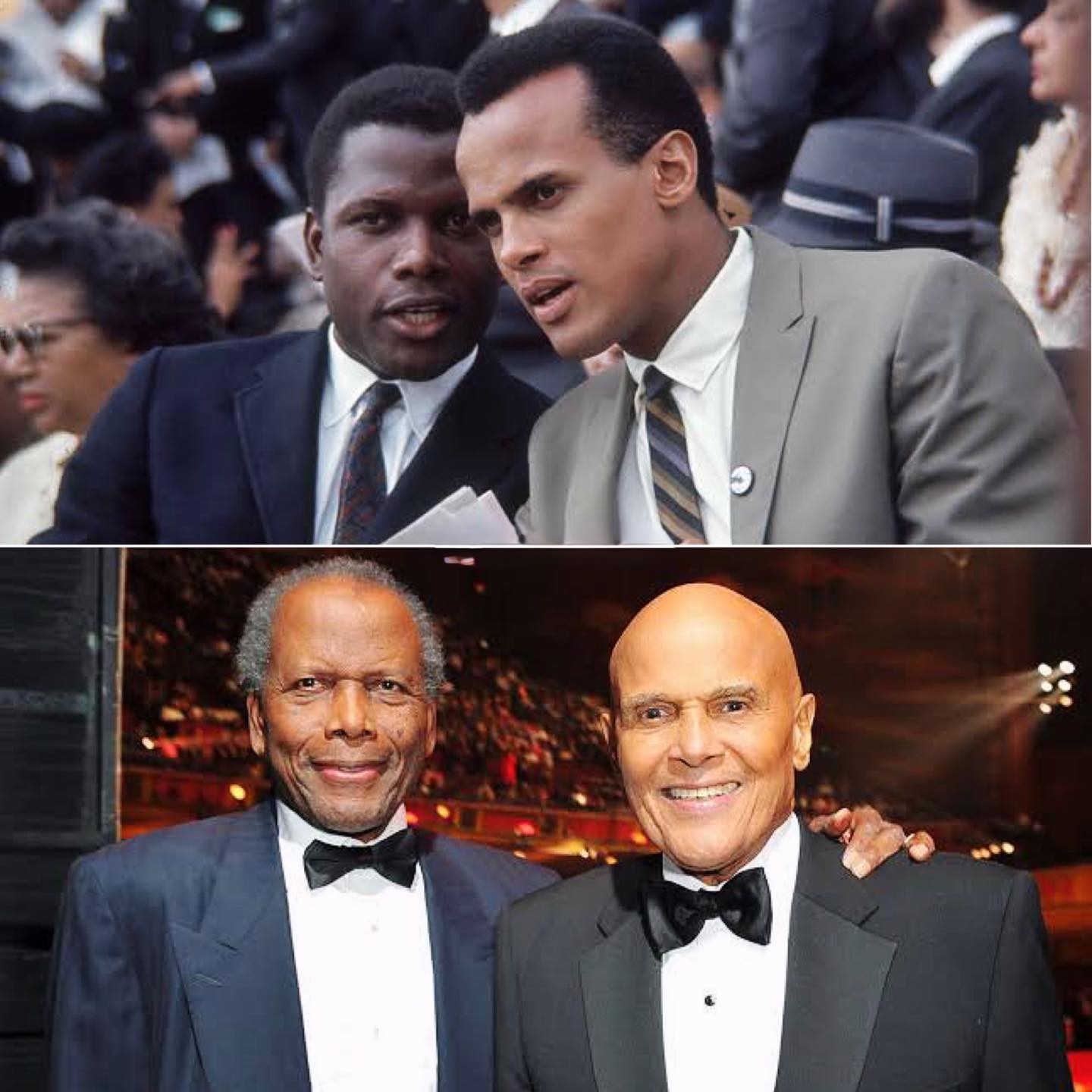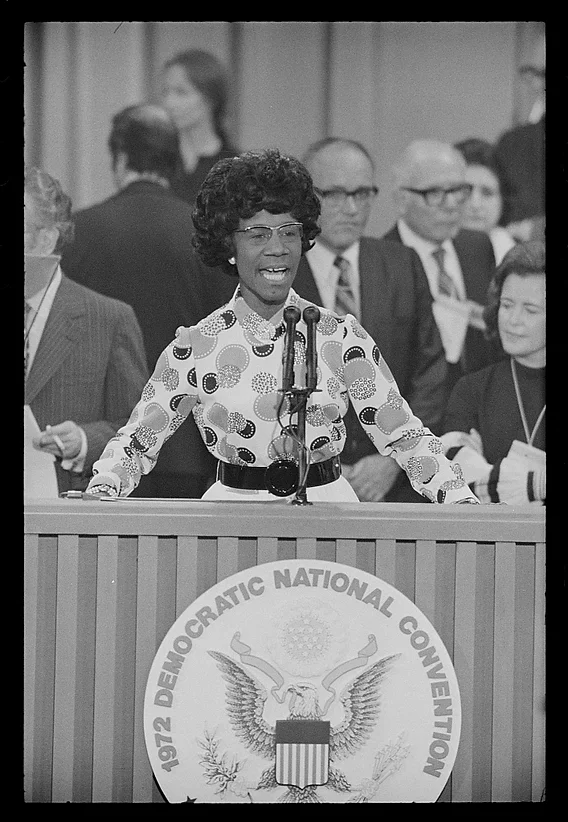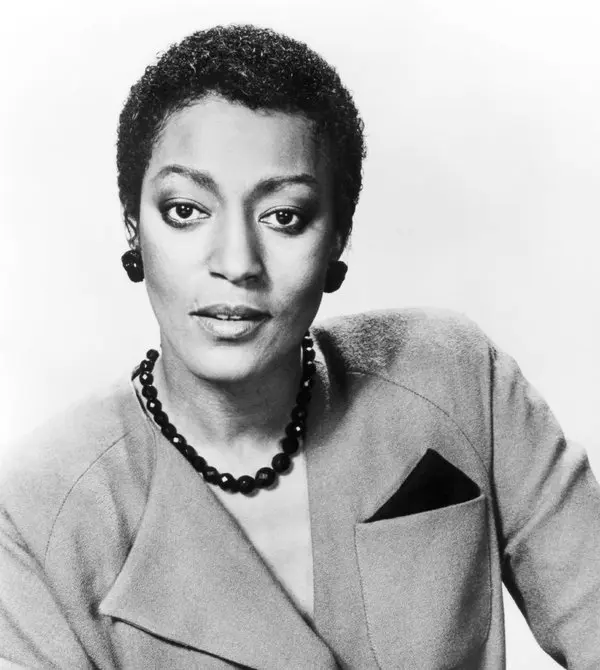A whole century has passed since Sadie Alexander became the first African American to receive a PhD in economics in the United States. Economist Nina Banks, editor of Democracy, Race, and Justice: The Speeches and Writings of Sadie T. M. Alexander, speaks with ProMarket about Alexander’s legacy and why it’s still relevant today.
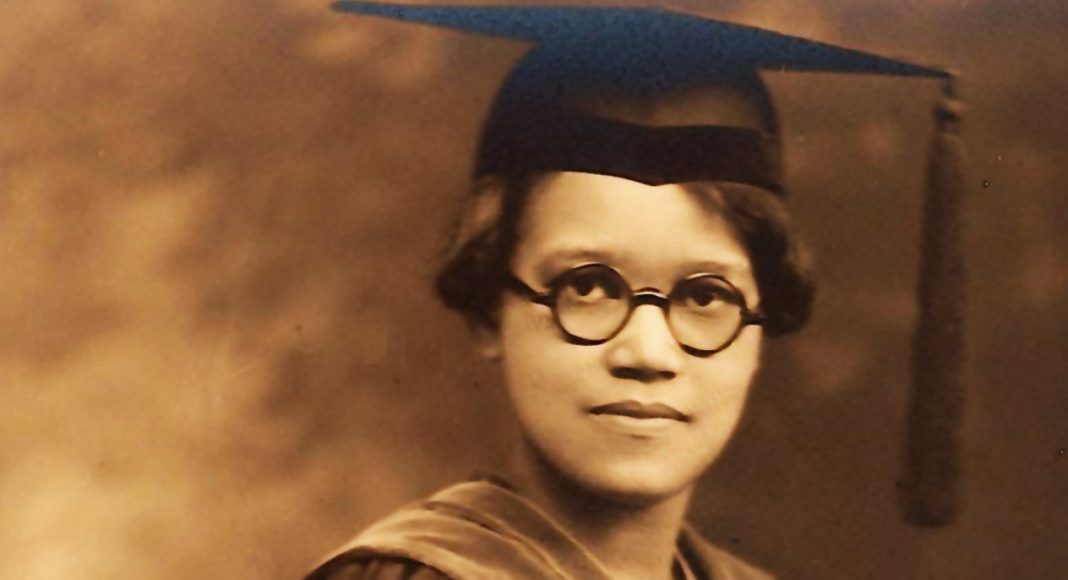
Ahundred years ago this month, Sadie Tanner Mossell, Georgiana Simpson, and Eva Beatrice Dykes were the first three African American women to receive a PhD in the United States. Sadie Tanner Mossell, later known as Sadie Alexander, was the first African American to receive a PhD in economics. Unable to secure a job in economics, Alexander went on to become a lawyer. A new collection of her speeches and writings, Democracy, Race, and Justice: The Speeches and Writings of Sadie T. M. Alexander, reveals that even though Alexander was not employed as an economist, she used her training to push for equal rights and equal opportunities for African American workers.
“Racial discrimination undermined Alexander’s life as well as the collective memory of her work and breadth of economic thought,” Nina Banks, associate professor of economics and an affiliated faculty member in Women’s and Gender Studies and in Africana Studies at Bucknell University and the current president of the National Economic Association, wrote in a recent Washington Post piece. “But the speeches that she left behind attest to her brilliance and the relevance of her prescient observations to our current political economy. Indeed, she identified economic deprivation as the major obstacle for political, racial and economic equality, all of which remain elusive today. Her solution—full employment job guarantees—may be what we need to finally address persistent job discrimination, involuntary unemployment, inadequate wages and the racial disparities these injustices exacerbate.”
Banks spent years researching and restoring Alexander’s work. The book, edited by Banks, documents Alexander’s speeches throughout World War I and the Great Migration, the Great Depression, World War II and the postwar era, and the Civil Rights era of racial unrest. In an interview with ProMarket, Banks discussed Alexander’s work, including full employment job guarantees, and why it is still relevant today.


